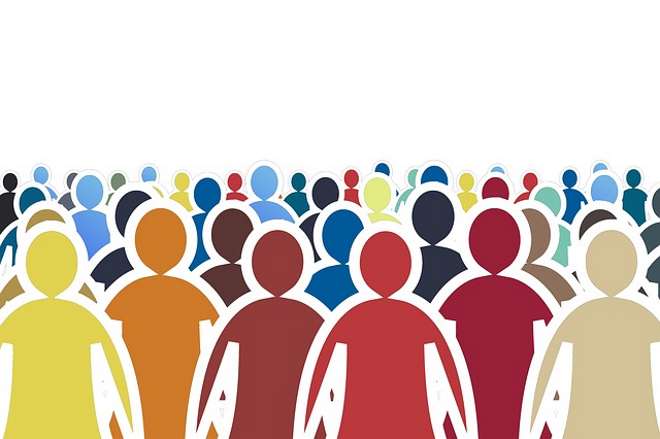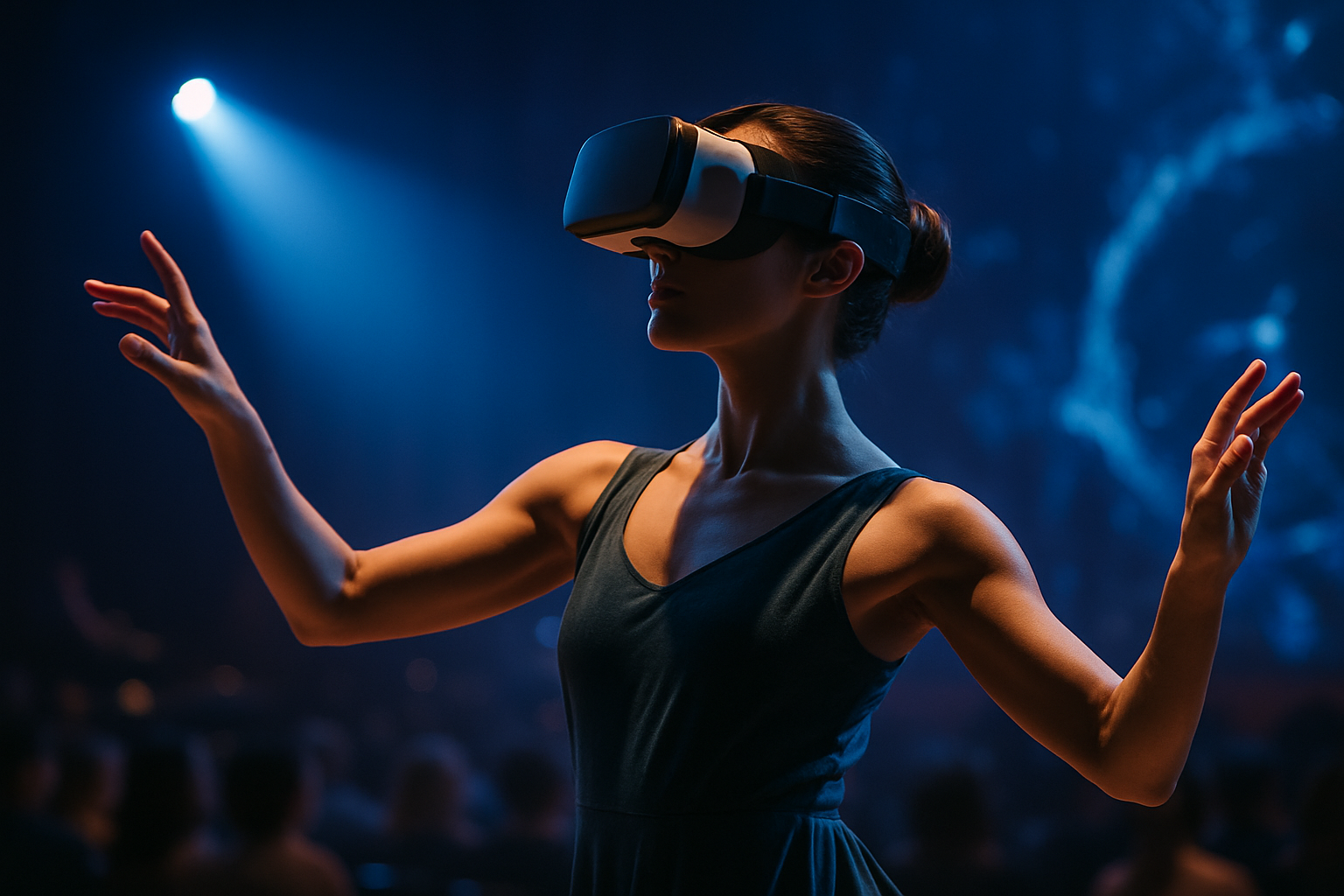Shifting Paradigms: The Emergence of the 'Bleisure' Phenomenon
In the crossroads of constant connectivity and evolving work cultures, a new trend has emerged: 'bleisure.' A blend of 'business' and 'leisure,' this pattern is transforming the way we perceive work and travel. Read below to explore how bleisure is reshaping societal norms and influencing modern lifestyles.

Unwrapping the Concept of ‘Bleisure’
The term ‘bleisure’ was first coined in the early 2010s, as the boundaries between work and leisure began to blur with the rise of digital technology. As remote work opportunities expanded, professionals started to integrate travel into their work schedules, leading to the emergence of this novel concept.
The Rise of ‘Bleisure’ in Contemporary Society
Today, the bleisure trend is more prevalent than ever. The advent of coworking spaces worldwide, improvements in technology, and the shift towards flexible work arrangements have all contributed to its rise. A study by Expedia Group Media Solutions revealed that 60% of business trips were extended for leisure purposes, highlighting the growing acceptance and popularity of bleisure.
Understanding the Societal Impact of ‘Bleisure’
Bleisure’s emergence has profound implications for our society. It challenges traditional work norms, encouraging a work-life integration rather than a work-life balance. It is also transforming the travel industry, with hospitality services now offering ‘bleisure’ packages to cater to this new demographic. Furthermore, it promotes cultural exchange, as professionals immerse themselves in local cultures during their extended stays.
The Future of ‘Bleisure’
The bleisure trend is likely to continue growing, fueled by the increasing demand for flexibility and work-life integration. As more companies embrace remote work, employees will have more freedom to blend work and leisure, leading to a shift in societal norms and expectations. However, it’s crucial to ensure this trend doesn’t lead to burnout, emphasizing the need for clear boundaries between professional duties and personal time.
Conclusion
In conclusion, the rise of ‘bleisure’ reflects our evolving societal landscape. It bridges the gap between work and leisure, challenging traditional norms and paving the way for a more flexible and holistic approach to professional life. As we move forward, it will be fascinating to see how this trend continues to shape our societal structures and influence our lifestyles.






